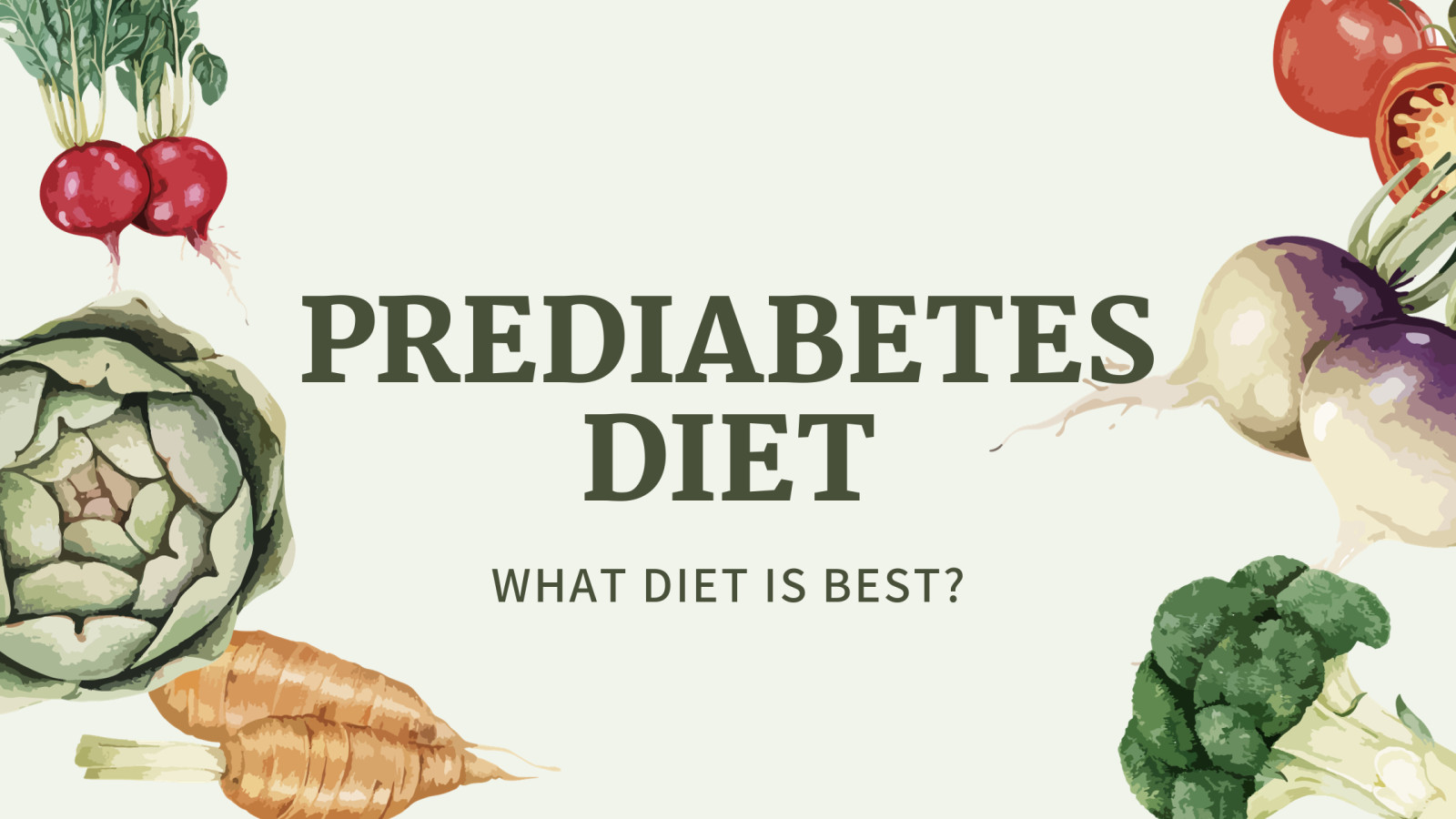
Have you been recently diagnosed with Prediabetes?
Have you found yourself asking questions like:
"How do I beat this?"
"Do I have to give up all the foods I love?"
"Will I end up getting Type 2?"
"Will I ever be "normal" again?"
These are very normal questions to ask. It can be scary to step into the unknown and be unsure of where to go next.
What's the next right step?
Many doctors will point you to medications, but will fail to mention nutrition. Yet nutrition plays a vital role in our health. While living with Prediabetes can be challenging, eating healthy food is essential to getting back on track and not letting it turn into Type 2.
This doesn't mean you have to give up delicious food or spend your life feeling deprived. It's about finding healthy, savory alternatives that allow you to boost your health and quality of life. That's where a whole-food plant-based diet comes into play.
The evidence supporting the benefits of a plant-based lifestyle for Prediabetes (and other chronic health conditions) is compelling. It can help you manage your weight, improve your insulin sensitivity, and reduce your risk of heart disease – all while enjoying the delicious goodness of natural, whole foods.
What exactly is a "whole-food plant-based" (WFPB) diet?
I'm glad you asked! ;-) WFPB is the term we use for foods that are as natural and whole as possible. Think of fruits and veggies. They grow on trees and in the ground. When you pick an apple from a tree and eat it, you are consuming a whole food. When you take that same apple and process it to make applesauce or apple cider, it is no longer a whole food. Can we still eat applesauce and other minimally processed foods? In moderation, yes, but our goal for optimal health is to eat our food as whole as possible.
There are 5 main food groups in the WFPB lifestyle:
1. Fruits (bananas, peaches, berries. etc.)
2. Vegetables (corn, lettuce, broccoli, peppers, etc.)
3. Legumes (beans, lentils)
4. Tubers (potatoes, sweet potatoes)
5. Whole grains (rice, millet, quinoa, oatmeal, etc.)
***For a more detailed description on this, check out this article from the Forks Over Knives Website.
The beauty of a whole-food plant-based diet is that it's not a rigid set of rules; it offers flexibility and a variety of delicious options. It gives you space to be creative, explore, and really enjoy the foods you eat. Plus, it will reap long-term benefits for you and your family.
As you're starting this new journey toward better health, remember that making healthy choices can be fun, joyful, and fulfilling! A whole-food plant-based lifestyle isn't about what you can't eat; it's about taking those foods you love and finding alternative ingredients that support your health and well-being. Your health matters. You matter. So take the steps today to begin living your life well.
*Curious how WFPB compares to other "diets" out there? Stay tuned, as I will cover this in an upcoming blog post. Subscribe to my newsletter to be notified.

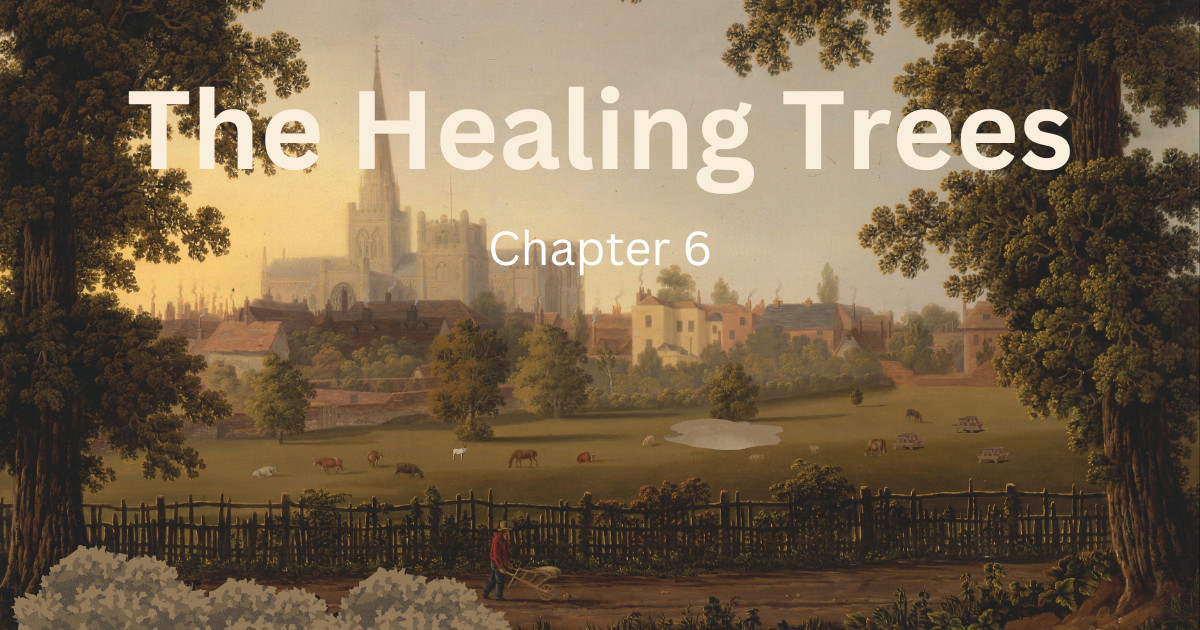
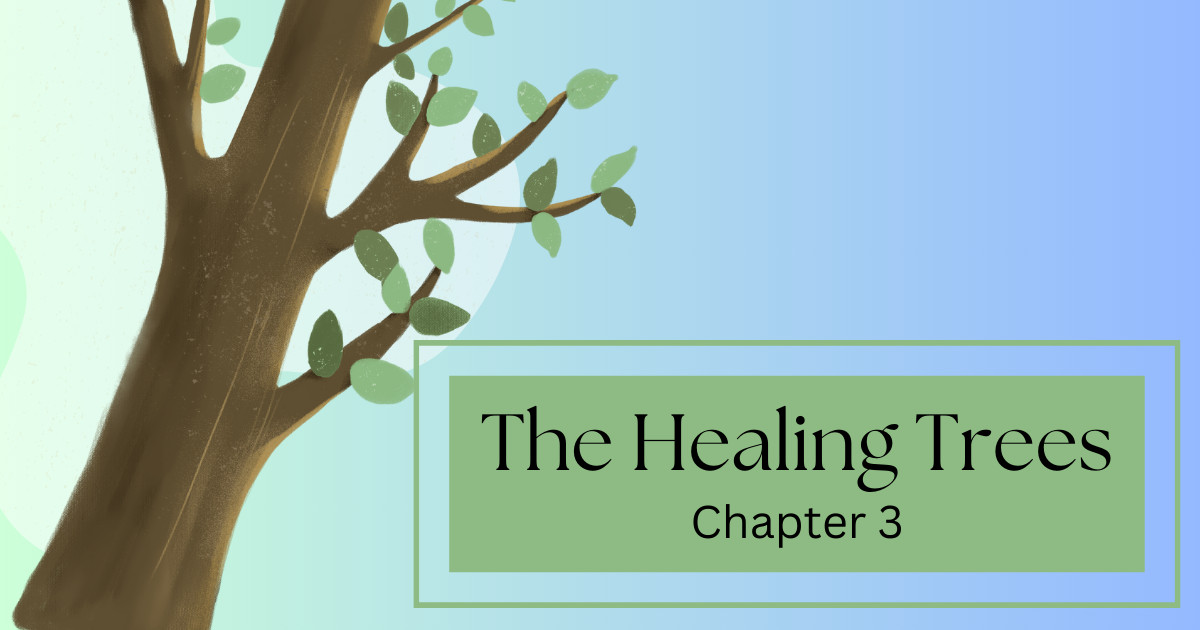

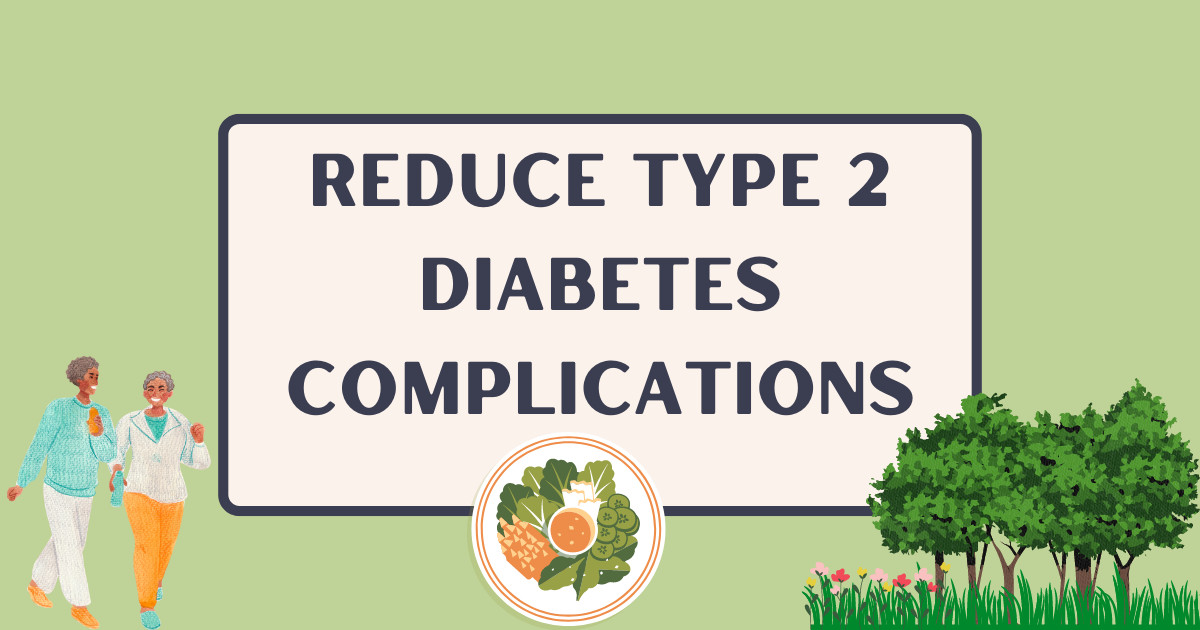
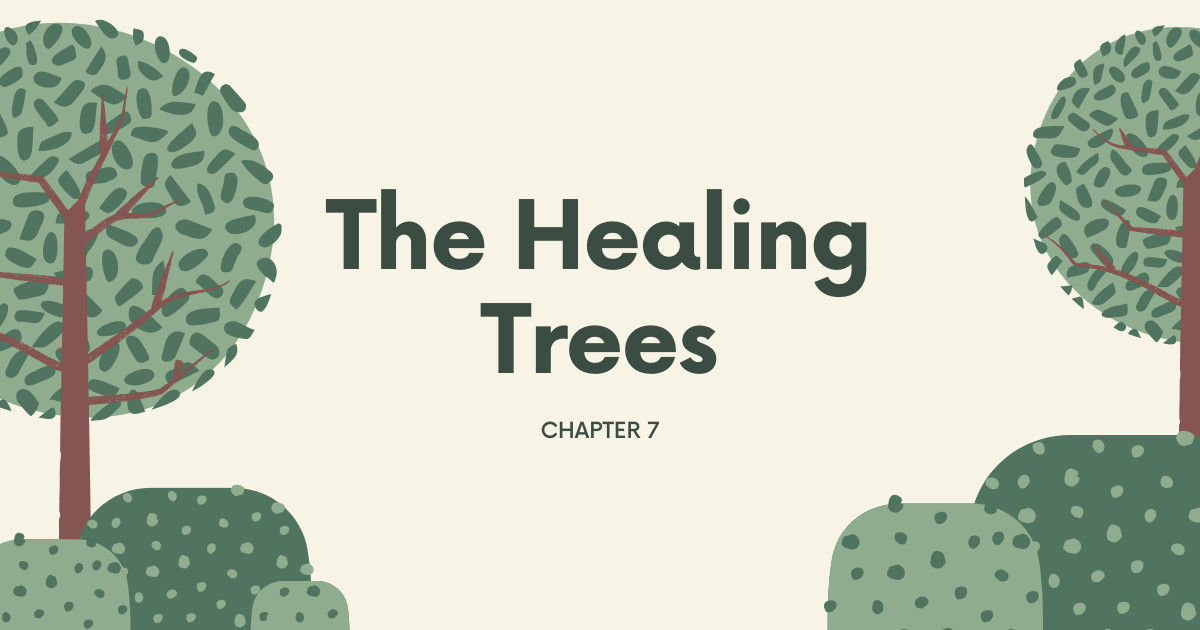

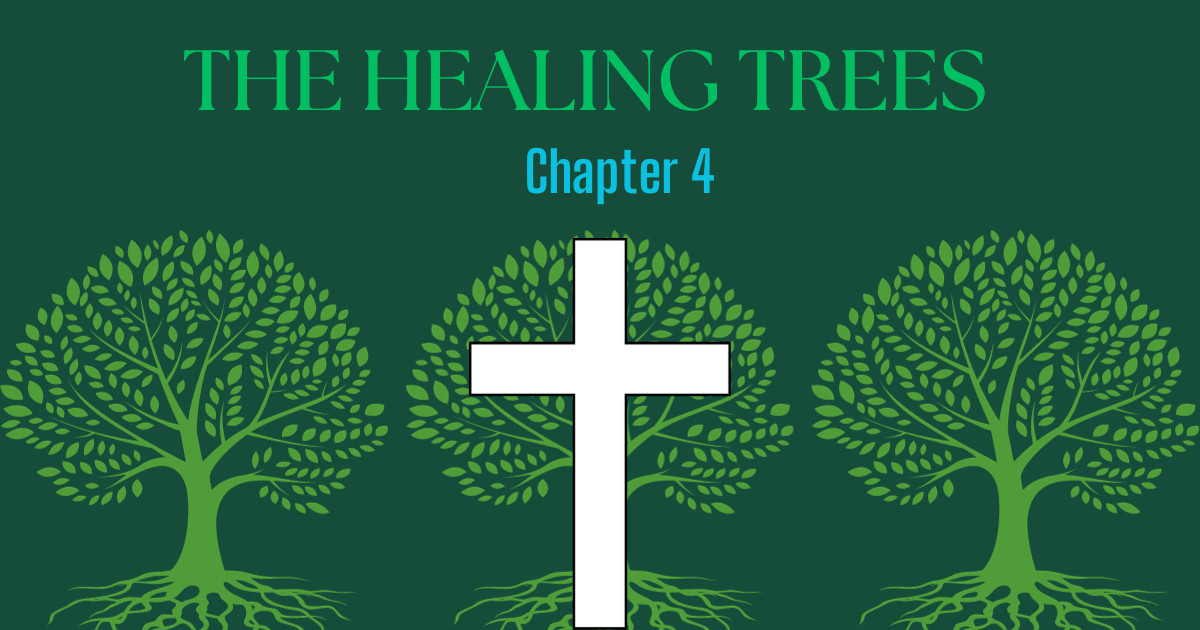


0 Comments